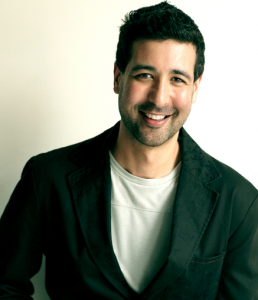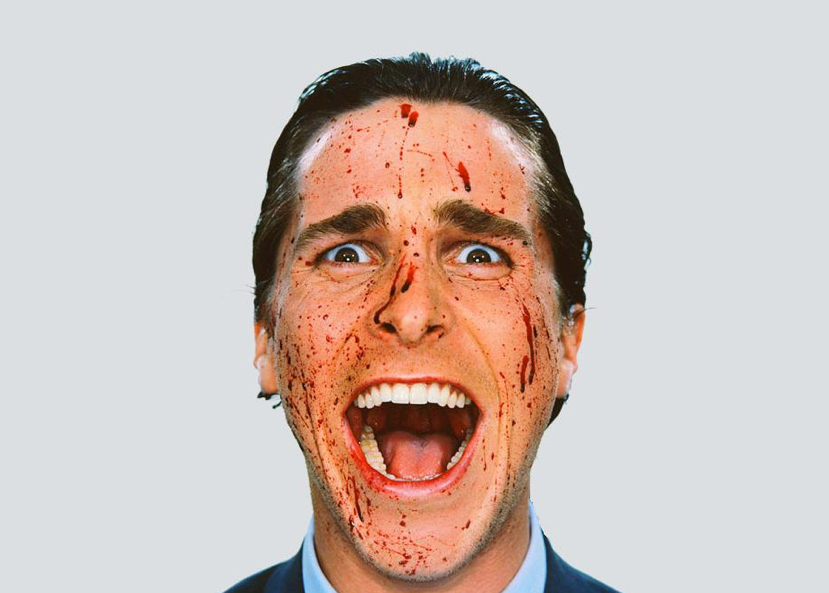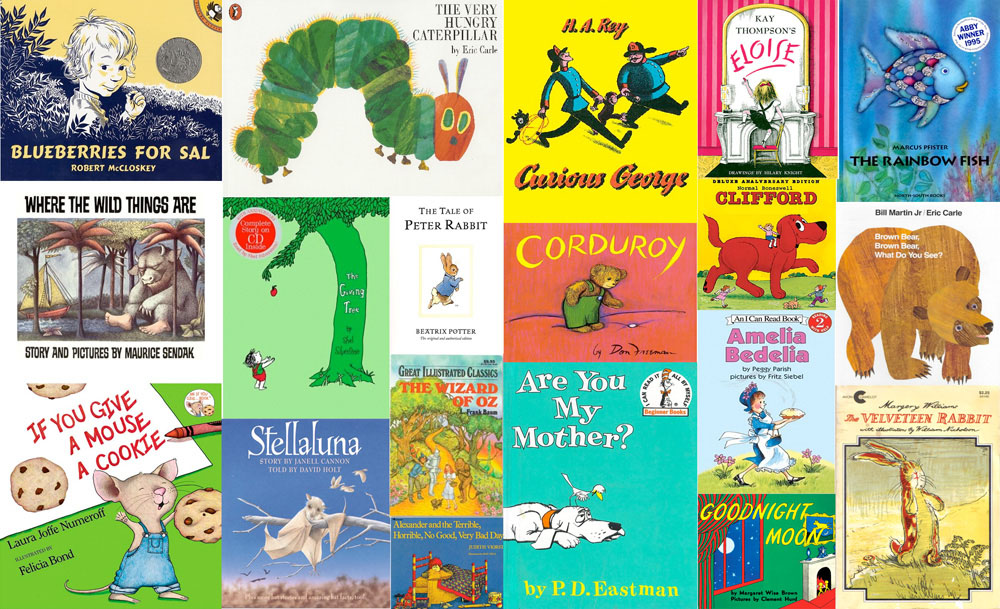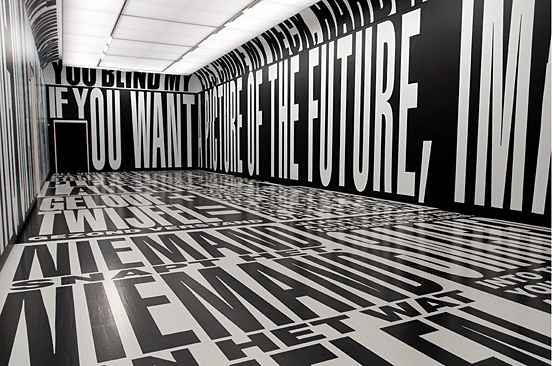Articles, how-to’s, opinion and tips and tricks in the self-publishing arena
Agents Funneling Writers to Self-Publishing: Corrupt or Not?
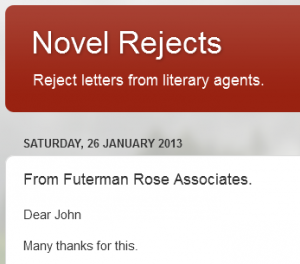 This story has generated a lot of controversy lately. From the Novel Rejects blog comes a rejection letter of an agent recommending a self-publishing firm in lieu of representation, likely for a fee.
This story has generated a lot of controversy lately. From the Novel Rejects blog comes a rejection letter of an agent recommending a self-publishing firm in lieu of representation, likely for a fee.
[…]The writing is strong and the storyline intriguing. I have to tell you however, that agents are finding novels, even intelligently written commercial work like this, harder to place nowadays. Publishers are so subjective and only concerned with the bottom line.
What I can do is to suggest an organisation who, for a reasonably low fee will make the full arrangements to ensure a full Kindle publication


